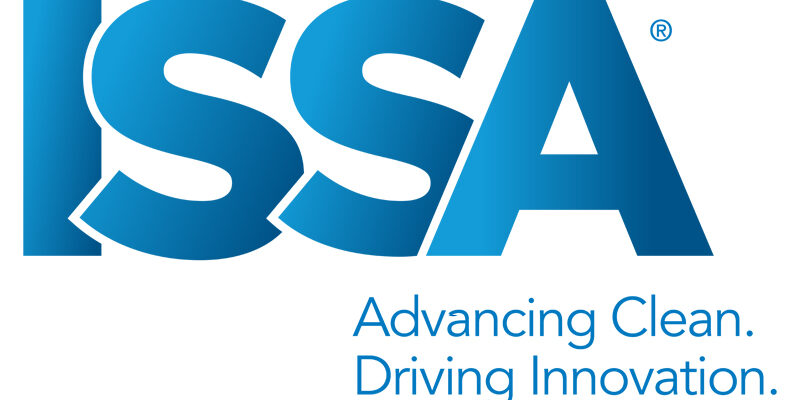The Most Significant Time Waster in Business

Do you know what may be responsible for one of the biggest time wasters in most companies?
Could it be unnecessary interruptions or meetings? How about employees taking excessive breaks? Maybe it’s equipment malfunctions. Or the old water cooler discussions catching up on the latest gossip. While all these time wasters are still prevalent today, I would suggest none of them is the most significant time waster in most organizations. So, what is?
The use of personal social media during the normal workday.
According to a recent survey by online recruitment services company Zippia, the average employee spends 12% of their working hours using unproductive social applications. Their calculations conclude that’s about 52 minutes per day! Zippia’s survey also indicates that a whopping 77% of workers use social media at work.
A more recent survey from Monster Worldwide reports that 48% of U.S. employees spend up to four hours each day on social media for personal use during work hours.
Regardless of which survey you find more plausible, it’s safe to say that this is an issue that requires immediate attention in all our businesses.
While many of the organizations I work with have a social media policy in place, the policy often fails to address the personal use of social media such on sites as Facebook, Google, YouTube, Pinterest, Instagram, X (formerly known as Twitter), and TikTok. As with the many challenges that we all face with 21st century technology in the workplace, there is no cookie cutter solution.
None of us would argue that the answers to this issue are simple. If, in fact, we develop a personal social media policy in our workplace (and I would suggest we MUST), there remains a number of questions that require thoughtful consideration. These include:
- How do we enforce such a policy?
- How detailed should we be with the policy?
- What are the limits to the use of personal social media sites during the workday?
- Who is responsible for monitoring and enforcing the policy?
- Are we going to be prepared to discipline and in some instances terminate an employee (including those in management) for violating the policy?
In addition to the time being wasted, which results in poor overall productivity, organizational leaders need to be aware of other risks to the business when employees are engaging in personal social media during the workday. One of the most significant is exposing and compromising the company’s security. While visiting various social media sites on a company computer, those computers could be subject to malware—malicious software—that could damage or control the computer.
Another risk is the sharing of confidential information that could create a liability for the company as well as the individual. This issue has been at the forefront of human resources (HR) departments all across the country.
The Society for Human Resource Management (SHRM) has recommended that an effective social networking policy generally does the following:
- Defines what the organization means when it refers to social networking.
- Establishes a clear and defined purpose for the policy.
- Communicates the benefits of social networking and of having a policy.
- Provides a clear platform for educating employees.
- Takes into consideration any legal consequences of not following laws.
- Refers to proprietary and confidential information at risk.
- Talks about productivity in terms of social networking.
- Establishes expected behavioral norms in the use of social networking.
- Provides guidance regarding social networking that could be associated with the organization, its employees, or customers. Some employers may prohibit posting company information on social networking sites without the employer’s explicit consent.
- Outlines disciplinary measures the employer will take if employees violate the social media policy.
I strongly urge you to take this issue seriously. Create, communicate, and distribute an appropriate social media policy to all your employees as soon as possible.












